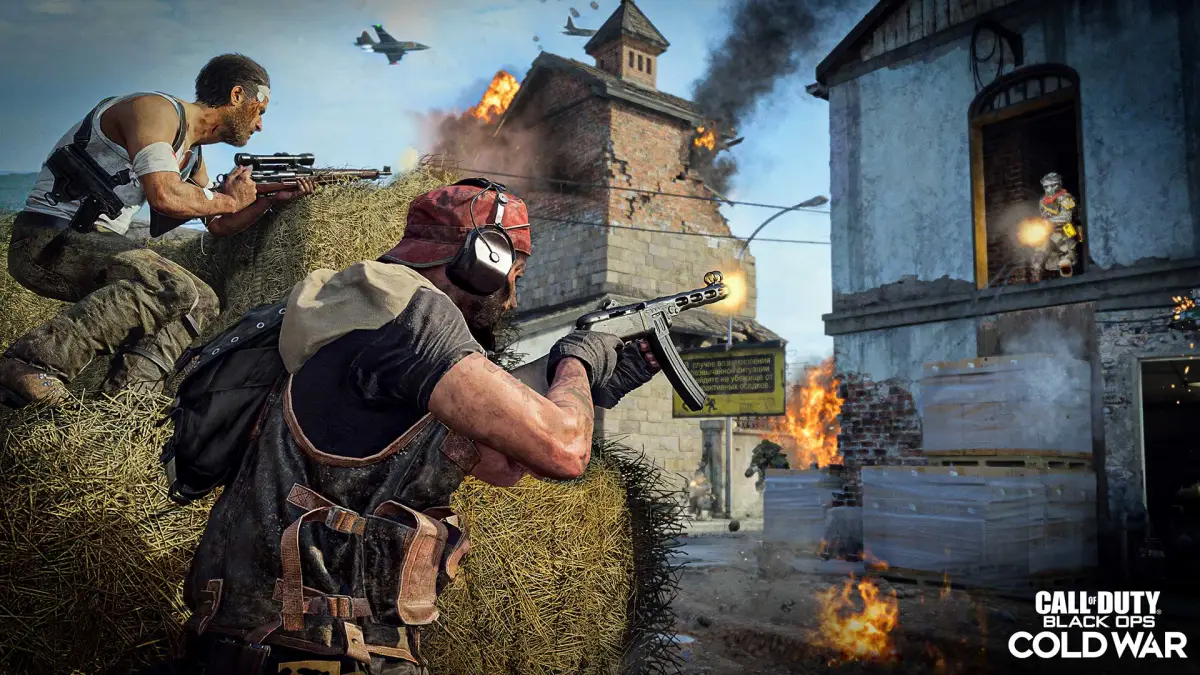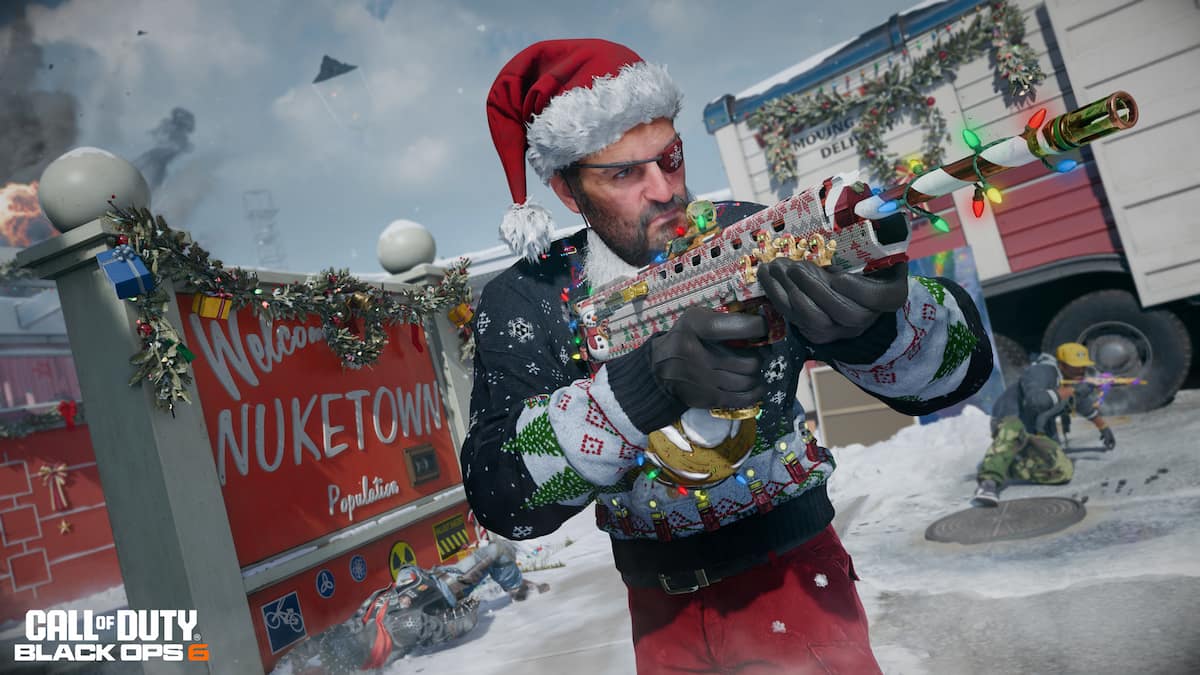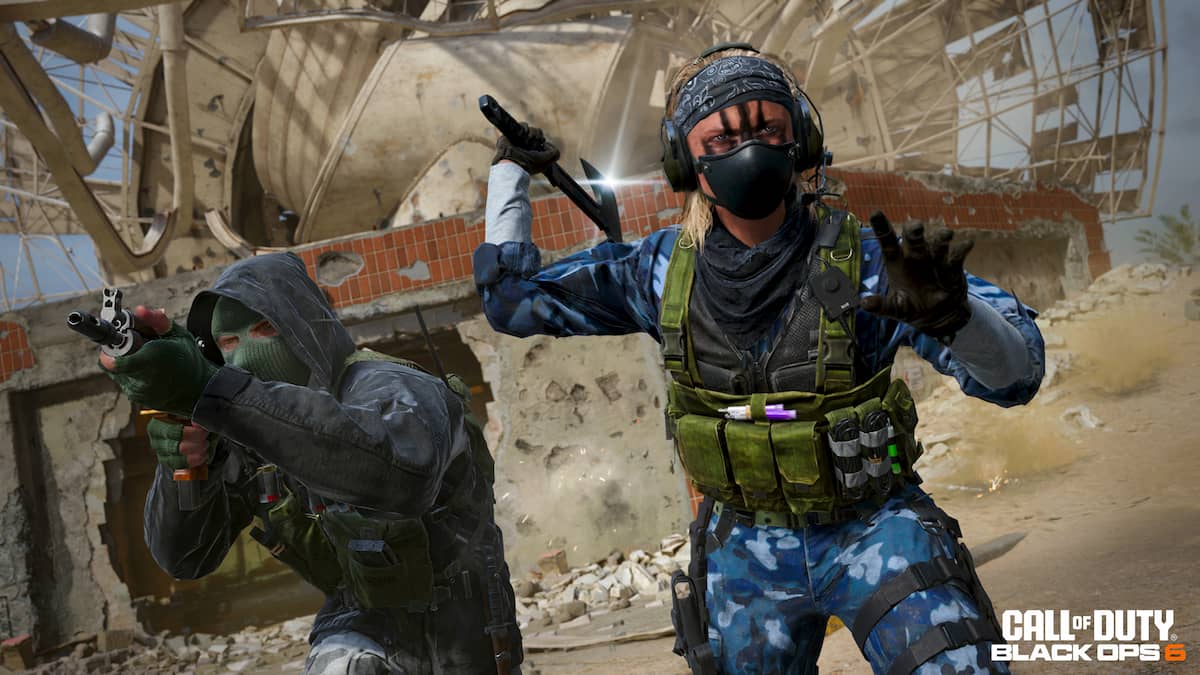The days where players got together with their friends to play in a LAN setup are almost gone. The enemies you’ll face in Call of Duty: Black Ops Cold War are from all over the world, and you’ll need a stable internet connection if you want to stay on top of the competition.
Lag will hinder you, even if you have the best aim on the planet. It’s almost impossible to stand your ground versus players with a stable connection if you’re experiencing lag. Thankfully, there are a few methods to resolve lag in Black Ops Cold War.
The definition of lag can change from player to player since the term is also used to describe frame drops. Though a frame drop appears to be lag, it can only be fixed by adjusting your in-game settings and increasing your PC’s performance. Here are a few methods to fix lag in Black Ops Cold War.
Check Black Ops Cold War’s server status
When the servers go down, players may experience lag and become unable to log into Call of Duty services. In cases like this, you’ll have no choice but to wait for the developers to roll out a fix for the servers.
Activision has a dedicated website that allows players to check the current status of its online services. Once you get to the page, choose your platform and check how the servers are doing.
If the servers are down, you’ll need to wait until the devs fix the servers. The lag will likely be fixed when they’re back online.
Restart your router
Restarting your router is one of the fastest ways to troubleshoot your home network. Doing so will allow you to re-establish the connection route between you and your service provider, which will do the same to the connection route between you and the Black Ops Cold War servers.
While restarting your router, you can also do the same for your gaming device to cover both bases. Though it happens rarely, a rogue background process may be stuck downloading updates in the background, and restarting can help prevent that as well.
Check background processes
Your antivirus software, Steam, Origin, or any other gaming platform can start downloading updates without notifying you. Once these platforms start downloading game patches, you may start to experience lag due to your bandwidth struggling to allocate its resources.
Log out of Black Ops Cold War and check your other running processes to see if there are any downloads in progress. Even if your console or PC is in the clear, you should check other devices on your network like phones, tablets, or consoles. If a device on your network is installing an update while you’re playing, it can draw more bandwidth than it should and cause you to lag.
Once you pause a rogue update, your lag should be gone. You may also want to turn off automatic updates to prevent this from happening in the future.
Change your DNS address
Just like a game’s servers, DNS addresses can also go down from time to time. When this happens, players using the DNS server can experience lag or even outages.
Most players use the DNS addresses assigned by their ISPs by default. Changing these addresses with commercially available addresses like Google or OpenDNS should be enough to troubleshoot them.
If a new DNS address fixes your lag, you should continue using it for a day or two until your original DNS gets fixed.
Try out a different connection
This may sound tricky, but trying out a different connection will be the best way to troubleshoot your home network. Using the mobile data available on your phone will be the quickest method in this case, but don’t install any updates while you’re connected to your data.
Turn on the mobile hotspot feature of your phone and start sharing your mobile data with your gaming device. If you don’t experience lag while you’re connected to your mobile data, you’ll need to call your ISP since you’ll be out of options.
Call your ISP
There’s only so much you can do to fix your lag, and the methods we’ve listed are the fastest and easiest ways to troubleshoot your home network. If your lag persists after following the steps on this list, you should call your ISP to see if it can detect issues with your home network.
Your ISP could fix issues that don’t stem from your connection. It can also provide you with an alternative solution or tell you to wait if there’s ongoing maintenance.







Published: Jan 17, 2022 09:33 am